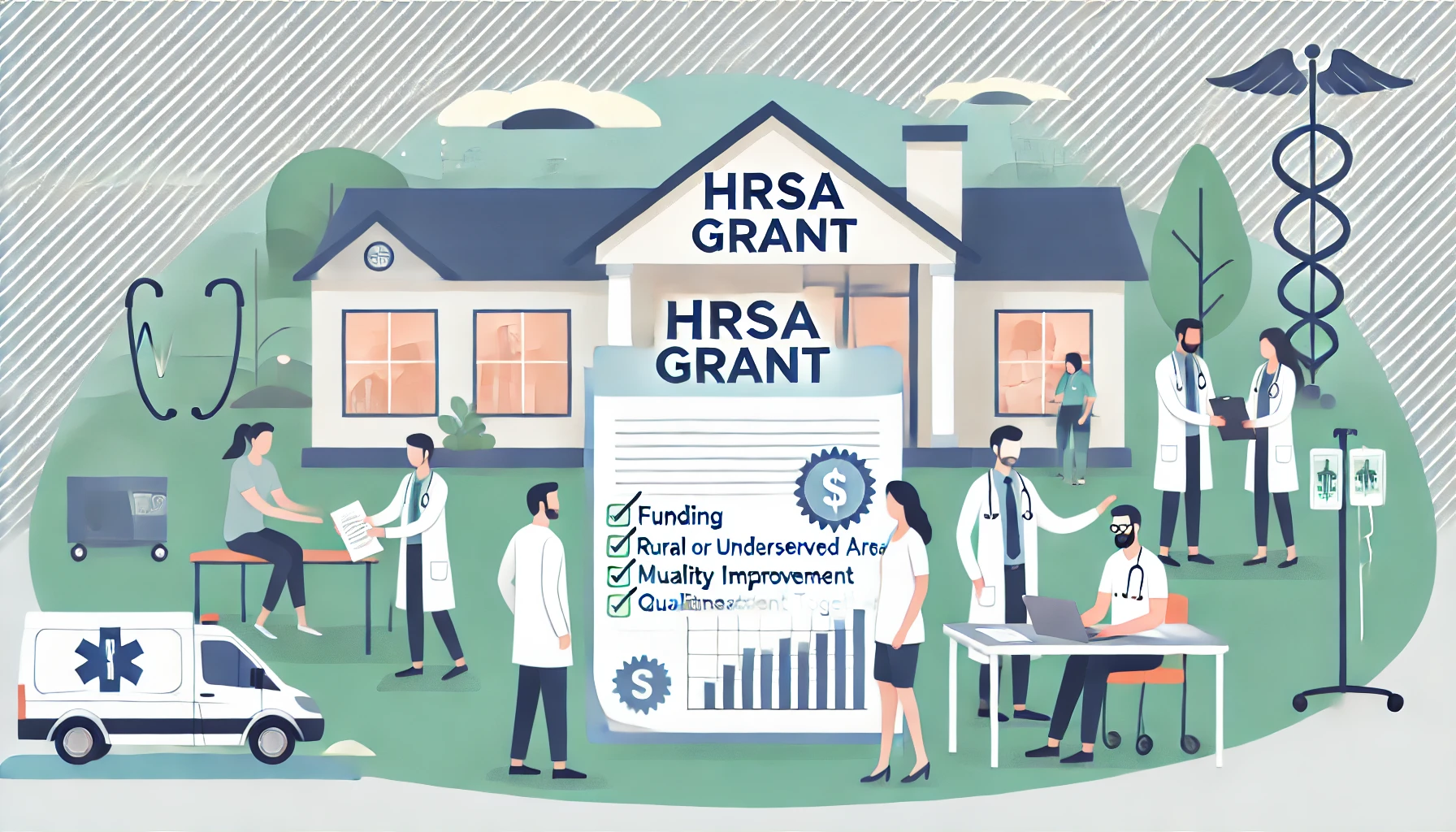
Table of Contents

AI set to revolutionize healthcare by 2032, offering precision diagnostics, personalized treatments, and predictive health insights while maintaining ethical standards.
AI set to revolutionize healthcare by 2032, offering precision diagnostics, personalized treatments, and predictive health insights while maintaining ethical standards.
AI Healthcare: Transforming Medicine's Future by 2032
In an era of rapid technological advancement, artificial intelligence stands poised to revolutionize healthcare in ways we're only beginning to understand. Based on insights from the original article by Evrim Ağacı, this exploration delves into the potential transformative power of AI in medicine by 2032.
The AI Healthcare Landscape: A Paradigm Shift
As we approach the next decade, artificial intelligence is set to dramatically reshape medical practice, diagnosis, and patient care. The potential implications are both exciting and profound, promising to address some of healthcare's most persistent challenges while introducing new possibilities for medical innovation.
Key Technological Breakthroughs
The projected AI developments include several critical areas of medical intervention:
- Precision Diagnostics: AI algorithms capable of detecting diseases with unprecedented accuracy
- Personalized Treatment Plans: Machine learning models that can customize medical interventions
- Predictive Healthcare: Systems that can anticipate potential health risks before they manifest
Challenges and Considerations
While the potential is immense, the integration of AI into healthcare is not without significant challenges. Patient safety remains a paramount concern, and the medical community must approach these technological advances with rigorous scrutiny.
The Role of Independent Verification
At Medplace, we understand that technological innovation must be balanced with robust peer review processes. Independent medical experts can provide critical validation of AI-driven diagnostic and treatment recommendations, ensuring that technological advances meet the highest standards of patient care.
Ethical and Practical Implications
The transformation of healthcare through AI raises important questions:
- How will patient privacy be protected?
- What are the potential biases in AI algorithms?
- Can AI truly replicate the nuanced understanding of human medical professionals?
Balancing Technology and Human Expertise
The future of healthcare is not about replacing human medical professionals, but augmenting their capabilities. AI should be viewed as a powerful tool that complements human expertise, not a replacement for the critical thinking and empathy that defines exceptional medical care.
Economic and Operational Impact
The integration of AI is expected to:
- Reduce healthcare costs
- Improve diagnostic accuracy
- Streamline administrative processes
Preparing for the AI Healthcare Revolution
Healthcare institutions must proactively prepare for this technological transformation. This includes:
- Investing in AI training for medical professionals
- Developing robust data governance frameworks
- Establishing rigorous validation protocols
The Medplace Perspective
Our platform is uniquely positioned to support this transition. By providing access to a network of over 132 medical specialties, Medplace offers a comprehensive approach to verifying and implementing AI-driven medical innovations.
Looking Ahead: A Collaborative Future
The future of healthcare is collaborative – combining the best of human expertise with cutting-edge artificial intelligence. While challenges remain, the potential to improve patient outcomes is unprecedented.
Original Source: Evrim Ağacı - AI in Healthcare 2032
Disclaimer: The views and predictions in this article are based on current technological trends and should be considered speculative projections rather than definitive forecasts.

Unlocking Funding: A Guide to Health Resources and Services Administration (HRSA) Grants
Use HRSA grants to fund external peer review programs that enhance care quality, reduce bias, and support compliance in health centers.
.png)
.png)

Understanding Critical Access Hospitals: Definition, Criteria, Requirements, and Medicare Designation
A brief summary of CAH requirements and Medicare Designation.
.png)
.png)

Strategies to Improve the Quality of Care and Patient Safety
Healthcare orgs improve care quality through structured programs, with external peer review adding objectivity, expertise, and efficiency to the quality ecosystem.
.png)
.png)



.png)
.png)
.png)






.png)